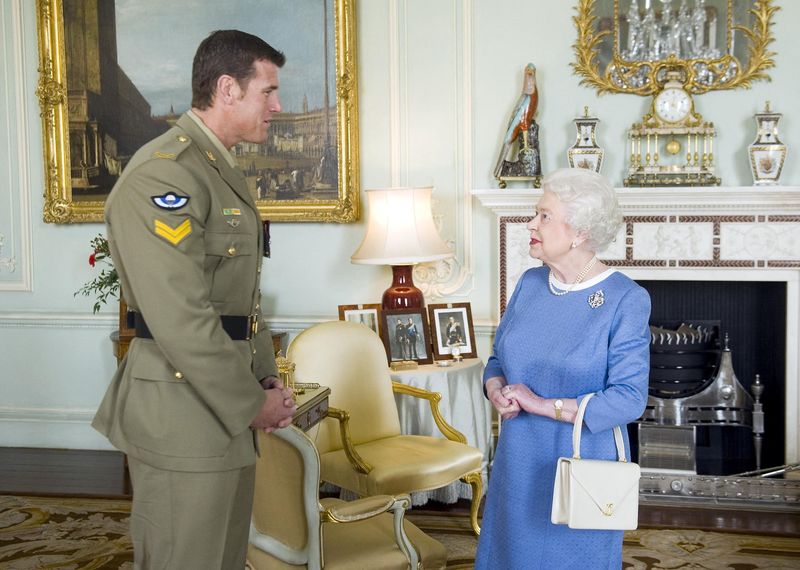Investing.com’s stocks of the week
By Byron Kaye
SYDNEY (Reuters) - Australian special forces soldier Ben Roberts-Smith was lauded as a hero and awarded Australia's highest military honour for "conspicuous gallantry" during a 2010 attack on two Taliban machine-gun posts during his fifth tour of Afghanistan.
But according to three newspapers, backed by accounts of other soldiers who said they were there, the Victoria Cross recipient also played a part in the unlawful killings of six Afghans during his deployment.
The accusations are at the heart of Australia's costliest and second longest-running defamation lawsuit for which a judgement is scheduled on Thursday.
Legal experts say that while the civil hearing focused on reputational damage brought by a series of 2018 articles, it effectively played out as the country's first war crimes trial.
"Because the principle defence here is truth, what the trial has become is a de facto war crimes trial," said David Rolph, a professor at University of Sydney law school who specialises in media law, referring to one of the available defences in Australian defamation cases.
"The stakes are incredibly high," he added.
The judgement comes at a time of heightened sensitivity around Australia's military after a 2020 report said there was credible evidence members of the special forces killed dozens of unarmed prisoners in Afghanistan.
No soldiers were named in the redacted report but about two dozen current and former Australian soldiers were referred for potential criminal prosecution.
The Sydney Morning Herald, the Age and the Canberra Times newspapers in 2018 ran articles accusing Roberts-Smith of unacceptable use of force against unarmed Afghans from 2009 to 2012.
Roberts-Smith, one of just 101 soldiers to receive the Victoria Cross, sued the newspapers in 2020, saying they falsely accused him of being complicit in war crimes.
By then an in-demand public speaker and an executive at broadcaster Seven West Media, Roberts-Smith said he lost substantial future earnings as a result.
The newspapers, in 110 days of judge-only hearings spread over a year that was interrupted by COVID-19 restrictions, maintained their claims were true and put forward witnesses, including soldiers and Afghan civilians, to support their claims.
Roberts-Smith, who funded his lawsuit partly with a loan from billionaire Seven boss Kerry Stokes, claimed the opposition witnesses were fantastists and disgruntled failed soldiers. He also put forward former soldiers as witnesses who supported his actions.
He seeks compensatory damages, aggravated damages and damages for future economic loss, although his lawyers did not give a total amount sought.
The Nine Entertainment Co Holdings Ltd-owned Herald, one of the defendants, reported the trial's legal costs totalled A$25 million ($17 million), which the losing side may be ordered to pay, legal experts said.
($1 = 1.4743 Australian dollars)
